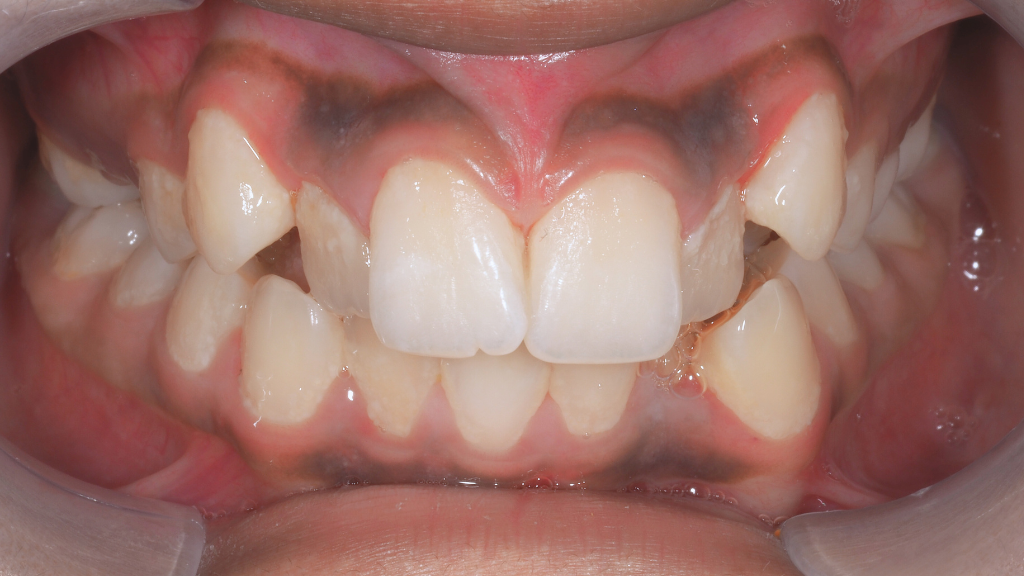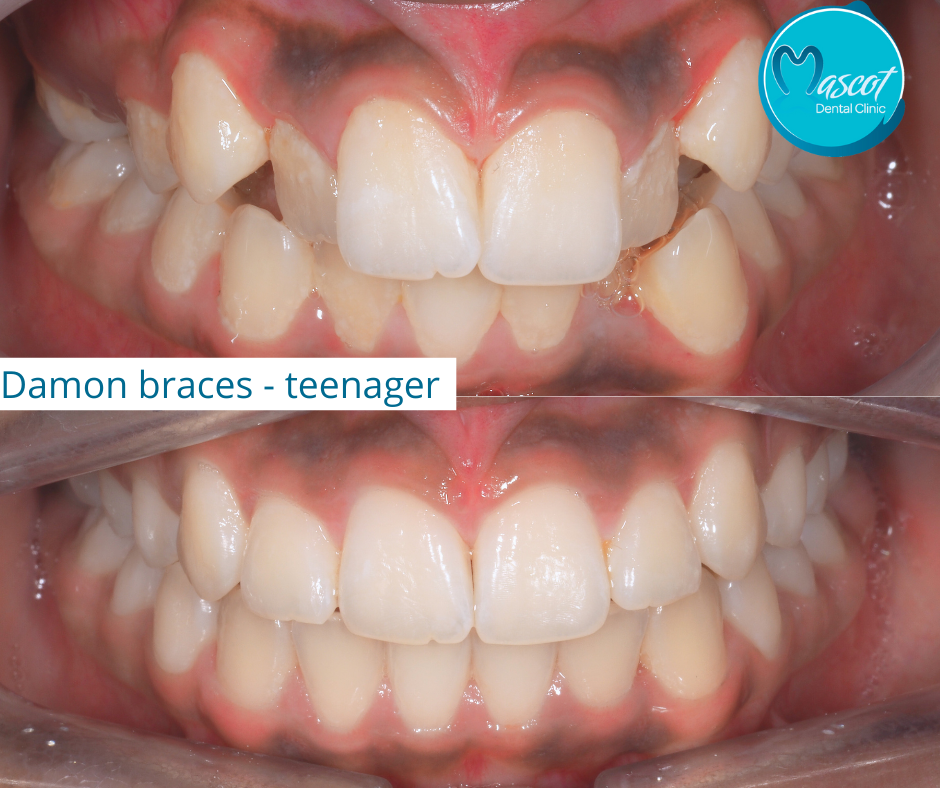
📅
By: Dr Jess Wong
5 Things Your Dentist Looks at to Decide if your Child Needs Braces
As a parent, you want to ensure your child has a healthy and beautiful smile. One of the key steps to achieving this is determining if and when your child may need braces. Your dentist plays an important role in evaluating your child’s teeth and deciding whether orthodontic treatment is necessary. During regular check-ups, we will look at several factors to assess your child’s dental development. **Many dental problems manifest while there are still baby teeth present and so checking early will allow us to plan for the ideal time to start orthodontic correction.**Here are 5 important things our dentists at Mascot Dental Clinic will consider when determining if your child needs braces.
1. Crowded or Misaligned Teeth
One of the most obvious signs that your child may need braces is crowded or misaligned teeth. Crowding occurs when there’s not enough space in the mouth for all the teeth to grow in properly, causing them to overlap or twist. Misaligned teeth, such as crooked or unevenly spaced teeth, can affect both the appearance and function of your child’s smile. Depending on the cause of the misalignment, we may suggest early intervention to correct the problem before it worsens. If bullying is a factor, we also may also start treatment early.
2. Jaw Growth
We will examine your child’s jaw development to ensure it is growing properly and in alignment. Problems with jaw growth can lead to more serious issues, such as uneven bites or facial asymmetry. For example, if the upper and lower jaws are not growing at the same rate, it can result in an overbite or underbite. In some cases, early orthodontic treatment may be recommended to guide jaw growth and prevent more complex issues from developing as your child matures.
3. Overbite, Underbite, or Crossbite
Bite issues, or malocclusions, are another major reason why your child may need braces. Common bite problems include:
Overbite When the upper front teeth overlap the lower front teeth significantly. This can lead to excessive wear on the teeth and even cause jaw discomfort over time.
Underbite When the lower front teeth protrude past the upper front teeth. This is often due to the lower jaw being too far forward and can affect chewing and speech.
Crossbite When the upper teeth sit inside the lower teeth when the mouth is closed, causing misalignment of the teeth and jaws. Crossbites can lead to uneven tooth wear and jaw growth problems.
Bite issues are not only a cosmetic concern but can also affect how your child chews, speaks, and even breathes and so it is important to identify these early.
4. Early or Late Loss of Baby Teeth, Missing Adult Teeth
Adult teeth usually follow a set pattern when emerging and if baby teeth are lost early (due to decay, trauma or other reasons), then the pattern of emergence may be affected. Early loss of baby teeth can cause adjacent teeth to shift or tilt in an unfavourable manner. Late loss of baby teeth can cause adult teeth to come out behind or in front of the baby tooth.
Some people also lack certain adult teeth and this can only be determined with x-rays. Some people also have extra teeth which can cause disruption to the ‘normal’ adult teeth. Early detection of these problems can help with planning the best time to treat your child.
5. Habits Like Thumb-Sucking or Mouth Breathing
Thumb-sucking and mouth breathing are common habits in young children, but if they persist beyond a certain age, they can negatively impact dental development. Prolonged thumb-sucking can push the front teeth forward, leading to an open bite or overbite. Mouth breathing can affect the position of the tongue and the way the upper and lower jaws develop. If these habits are causing orthodontic problems, we may recommend early intervention to prevent more severe issues.
So What Should I Do?
Deciding whether your child needs braces involves a comprehensive assessment of their dental and jaw development. By bringing your child into Mascot Dental Clinic for their regular checkup, we can look for signs of crowding, bite problems, jaw development concerns, and more. Please also let us know if social issues, such as bullying, are occuring. By identifying these problems early on, we can plan for intervention as needed instead of reacting late when something unexpected occurs.
If your child is showing any of the signs mentioned above, it’s important to arrange a consultation with us as soon as possible. A healthy, well-aligned smile can make a big difference in your child’s confidence, comfort, and overall health.
